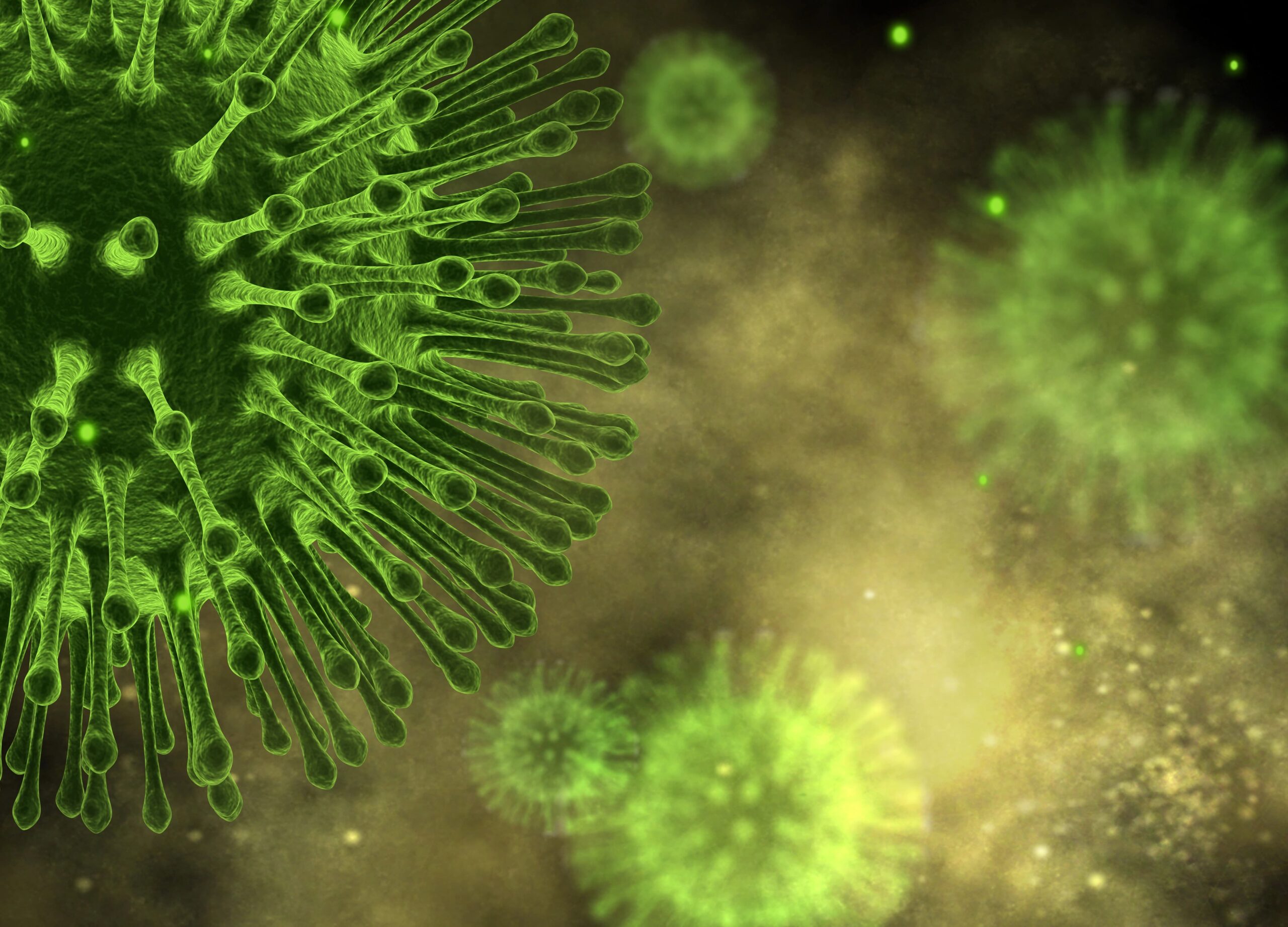Viruses are sneaky, capable of infecting a vast array of living organisms. Viruses that infect bacteria are collectively known as bacteriophages, or “phages,” and they’re remarkably ubiquitous and aggressive. Phages are constantly on the hunt for their next target, seeking bacteria to infect and use as a host for replication. Unfortunately for these sinister infectious agents, bacteria have evolved ways to fight this ever-present threat. Those defense mechanisms, however, have been woefully misunderstood by the scientific community — until now. Researchers at the University of Texas (UT) Southwestern Medical Center have identified more than 200 defense strategies used by bacteria to avoid viral infection, also known as antiphages, publishing these findings in Cell Host & Microbe on August 13, 2025.
Uncovering the Mysteries of Bacterial Defense Systems
Scientists are aware of many bacterial antiphages, with previous research identifying hundreds. Most of this research has relied on genetic “clustering” — in other words, the tendency of defense-related genes to cluster in the same place in the bacterial genome. This allows researchers to identify numerous defense genes all at once based on their location. But the UT Southwestern Medical Center researchers, led by Kevin Forsberg and Luis Rodriguez-Rodriguez, had an unorthodox plan to identify additional phage defenses: extracting DNA from bacteria living in human fecal and oral samples, as well as grassland soil samples. This approach would, in theory, reveal multiple phage defense systems within diverse ecosystems.
Bacteria Fights the Good Fight
First, the team extracted the DNA, surveying nine metagenomes from human fecal, human oral, and grassland soil microbiomes. The researchers then divided the DNA into tiny pieces, each holding just a few genes. They then grew the bacteria in petri dishes coated with one of seven types of phages that attack Escherichia coli (E. coli). This allowed the team to observe each DNA segment’s antiphage defenses, watching for bacteria that survived the attack. The surviving snippets seemed to hold a phage-fighting gene, allowing the bacteria to fight the attack and grow unfettered.
Exploring Genetic Defenses
This strategy turned up over 200 phage defense systems, including many that were previously unknown. Several of the defense systems involve genes that encode nucleases, or enzymes that cleave the nucleic acids, DNA or RNA. Other phage defense genes encode DNA modification-dependent enzymes, while others encode defensive proteins on the surfaces of some bacterial species that physically prevent phages from binding. Finally, other genes appear to cause what the team called “abortive infection,” in which bacteria either become dormant or die after they are infected to protect nearby bacteria.
_____
This research sheds light on a whole new world of viral defense systems, many of which are still unknown. In fact, the majority of phage defense genes that turned up in the study still have unknown functions. Future research may help develop a clearer picture of phage defenses, heralding what the researchers called a microbial “arms race” that could lead to new approaches to fighting infectious bacteria. “There’s a wealth of phage defense strategies in nature that we don’t have a handle on,” said Forsberg. “These findings could one day help improve therapies for treating antibiotic-resistant bacterial infections.”
Did you enjoy this blog post? Check out our other blog posts as well as related topics on our Webinar page.
QPS is a GLP- and GCP-compliant contract research organization (CRO) delivering the highest grade of discovery, preclinical, and clinical drug research development services. Since 1995, it has grown from a tiny bioanalysis shop to a full-service CRO with 1,200+ employees in the US, Europe, Asia, India and Australia. Today, QPS offers expanded pharmaceutical contract R&D services with special expertise in pharmacology, DMPK, toxicology, bioanalysis, translational medicine, cell therapy (including PBMCs, leukopaks and cell therapy products), clinical trial units and clinical research services. An award-winning leader focused on bioanalytics and clinical trials, QPS is known for proven quality standards, technical expertise, a flexible approach to research, client satisfaction and turnkey laboratories and facilities. Through continual enhancements in capacities and resources, QPS stands tall in its commitment to delivering superior quality, skilled performance and trusted service to its valued customers. For more information, visit www.qps.com or email info@qps.com.





